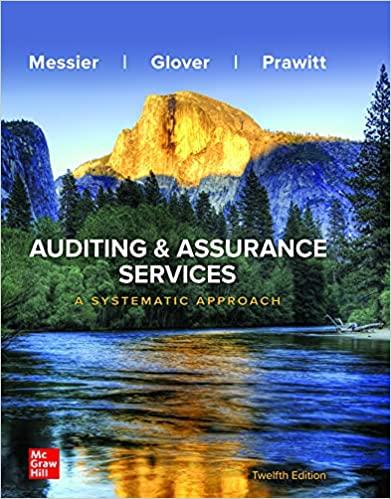Question
12-21 Strategy, balanced scorecard, merchandising operation. Dhyanchand & Sons buys T-shirts in bulk, applies its own trendsetting silk-screen designs, and then sells the T-shirts to
12-21 Strategy, balanced scorecard, merchandising operation. Dhyanchand & Sons buys T-shirts in bulk, applies its own trendsetting silk-screen designs, and then sells the T-shirts to a number of retailers. Dhyanchand wants to be known for its trendsetting designs, and it wants every teenager to be seen in a distinctive Dhyanchand T-shirt. Dhyanchand presents the following data for its first two years of operations, 2016 and 2017.

Administrative costs depend on the number of customers Dhyanchand has created capacity to support, not on the actual number of customers served. Dhyanchand had 4,300 customers in 2016 and 4,200 customers in 2017.
1. Is Dhyanchands strategy one of product differentiation or cost leadership? Explain briefly. 2. Describe briefly the key measures Dhyanchand should include in its balanced scorecard and the reasons for doing so.
1. Number of T-shirts purchased 2. Number of T-shirts discarded 3. Number of T-shirts sold (row 1 row 2) 4. Average selling price 5. Average cost per T-shirt 6. Administrative capacity (number of customers) 7. Administrative costs 8. Administrative cost per customer (row 7 = row 6) 2016 225,500 20,500 205,000 $ 32.00 $ 17.00 4,700 $ 1,739,000 $ 370 2017 257,000 24,000 233,000 33.00 $ 15.00 4,450 $ 1,691,000 $ 380Step by Step Solution
There are 3 Steps involved in it
Step: 1

Get Instant Access to Expert-Tailored Solutions
See step-by-step solutions with expert insights and AI powered tools for academic success
Step: 2

Step: 3

Ace Your Homework with AI
Get the answers you need in no time with our AI-driven, step-by-step assistance
Get Started


